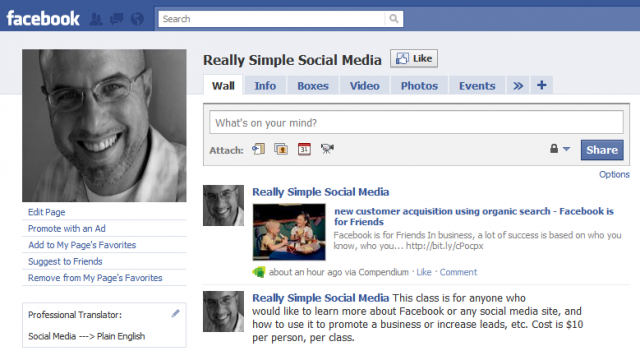
Once again we are having our now famous Canon DSLR 5D Boot Camp at EVS in Burbank for
film and television professionals.
Are you thinking about shooting with the Canon 1D, 5D, or 7D DSLR cameras? Are you going to use it for principle photography, 2nd unit photography, multi-cam, background plates or SPFX shots?
Don’t fumble in the dark. Learn everything you need in our Canon camera classes. A number of our graduates, now with Canon certification by The Association, have gotten work because they were trained on the Canon 5D. You can too!
Click here to access the Official Registration Page:
AT THE END OF THE DAY YOU’LL HAVE THE ANSWERS TO THESE QUESTIONS AND MORE
1. What’s the best setup of the camera?
2. How does DSLR compare to RED in terms of quality?
3. Can I mix DSLR footage with the RED or film?
4. What are the best lenses to use?
5. Can I use a Follow Focus?
6. Can I use available light to shoot and lower my lighting budget?
7. What is the transcoding process?
8. Can I use HDLRs for Timelapse?
9. What are the limitations of the 4:2:0 color space?
10. What’s the best support & handheld rigging?
11. What should I look for when choosing a shoulder mount solution?
12. Should I shoot “flat” or not?
13. Can I quickly mount the camera on a car or boat?
14. Does the CMOS sensor overheat and affect the image quality?
15. How do I monitor the image?
16. How do I set exposure?
17. What’s the best viewfinder?
18. Does the new firmware provide histograms?
19. Are there any particular lighting setups that are optional for HDSLR’s?
20. Do I use Auto Metering?
21. What is my post workflow…the different codecs and frame rates?
22. How do I handle audio?
23. What kind of memory cards do I use?
24. What do I use to offload the cards in the field?
25. What are the absolute essential accessories for making an HDSLR cinema capab le?
le?
26. How do I address moiré and aliasing issues?
27. How do I manage the rolling shutter issue?
Click here to access the Official Registration Page









